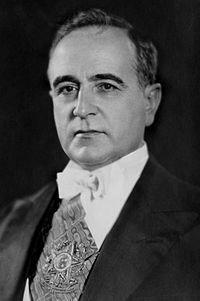At the beginning of the year, people tend to make a priority list for the coming months. In it, the health care, introducing food re-education, the beginning of physical activities and, consequently, going to the doctor and carrying out exams.
Given this, many are in doubt as to why some exams require fasting before drawing blood. Let's explain it to you!
Exams that require fasting
Everyone has had a blood test at some point in their life, right?
Therefore, I had all that preparation: Eating until such time, avoiding alcoholic beverages and some foods that could change the result, collecting urine and feces. For the most part, that's how it worked.
However, not all types of exams require fasting, which can vary between 3 The 12 hours, this depending on the type. Generally, a longer distance between meals is requested when performing the blood glucose test.
But, for example, in the case of blood count, which is asked to assess red blood cells, leukocytes or platelets, nor is fasting necessary.
see some exams that require fasting:
- Coagulogram: 3 hours.
- Cholesterol: Although it is no longer mandatory, it is suggested to fast for up to 12 hours, in order to obtain more reliable results.
- Electrolytes (sodium, calcium, potassium and phosphorus): 3 hours.
- fasting blood glucose: Fasting for 8 to 12 hours is recommended, in addition to the absence of alcoholic beverages for 72 hours before taking the exam.
- PSA Levels: Fasting for at least 4 hours is recommended.
- TSH Levels: Fasting for at least 4 hours is indicated.
- TGO (glutamic-oxaloacetic transaminase) and TGP (glutamic-pyruvic transaminase): 3 hours
- Urea and Creatinine: 3 hours.
- Free Online Inclusive Education Course
- Free Online Toy Library and Learning Course
- Free Online Math Games Course in Early Childhood Education
- Free Online Pedagogical Cultural Workshops Course
Why fast before drawing blood?
Fasting is still required by many tests, because food consumption interferes with the level of substances that the analysis intends to analyze.
Thus, when eating an amount of sugar (glucose) and fat (lipids), some evaluation parameters can be avoided.
Thus, in order to achieve reliable results in the exams, fasting is performed.
People with diabetes, who need to measure their blood glucose at various times throughout the day, have different intervals between meals, guided by the doctor.
And water, can you?
During the fasting period, yes, you can ingest Water. However, only pure water, no coconut water, teas, coffee, soft drinks, juices and alcoholic beverages.
However, it is recommended that you only drink what is usual, so as not to change the test result.
Read too:
- What is LDL and HDL cholesterol?
- Dengue - What is it, symptoms, treatment, clinical types and diagnosis
The password has been sent to your email.



